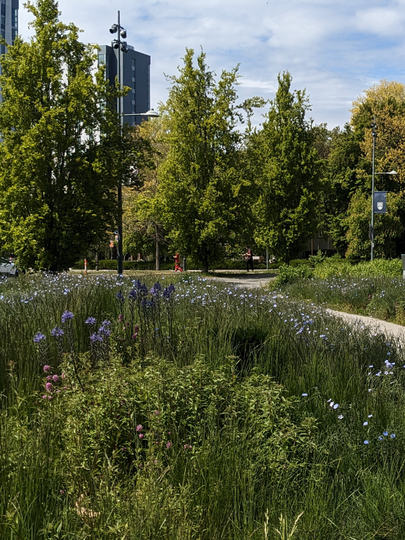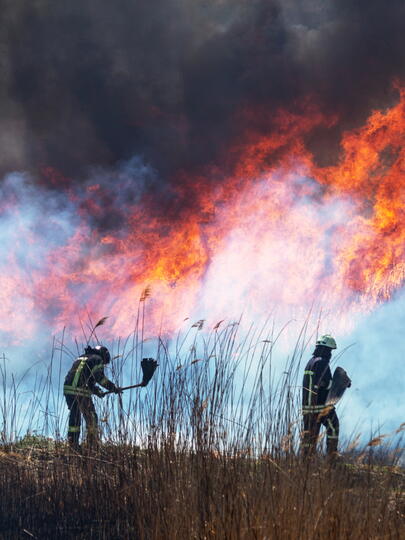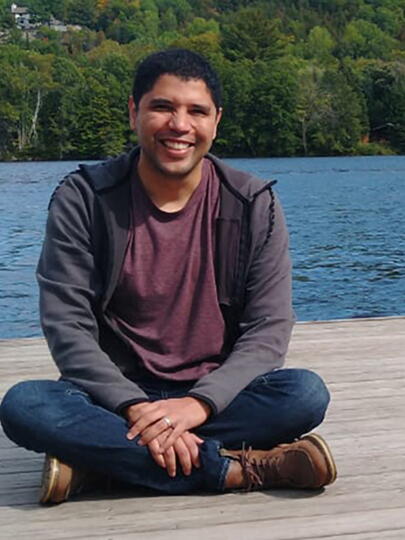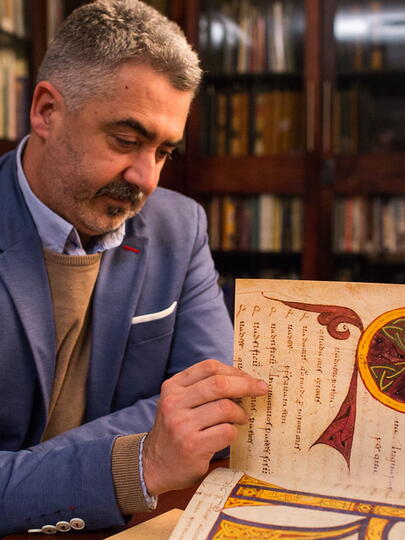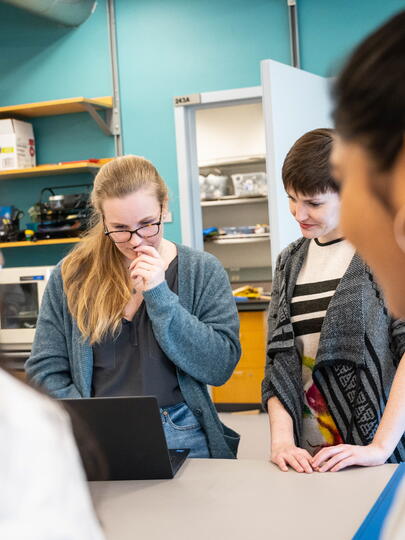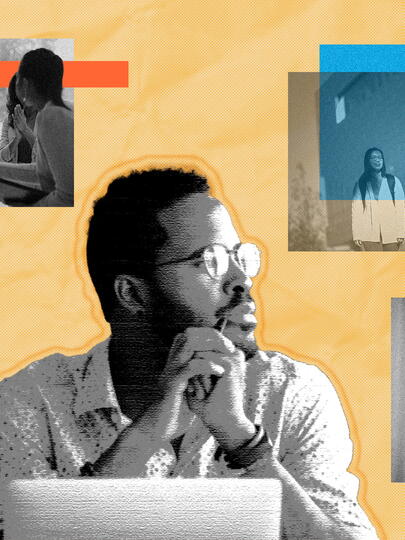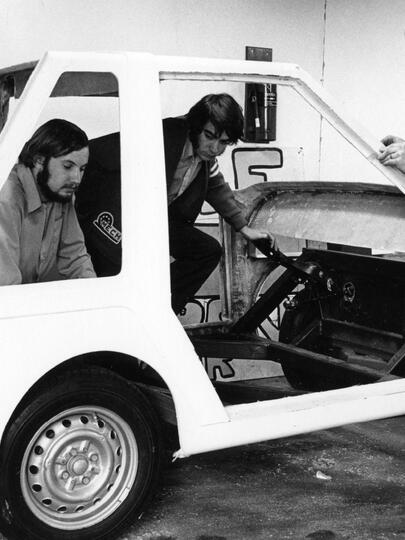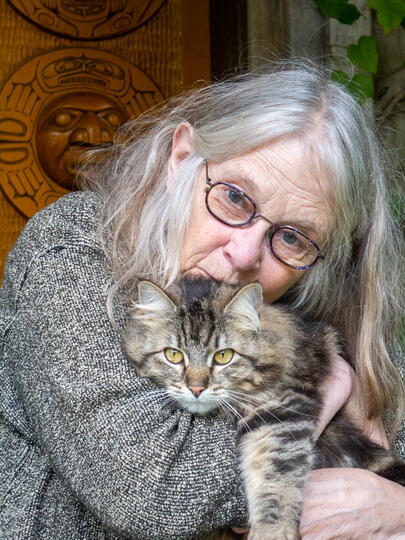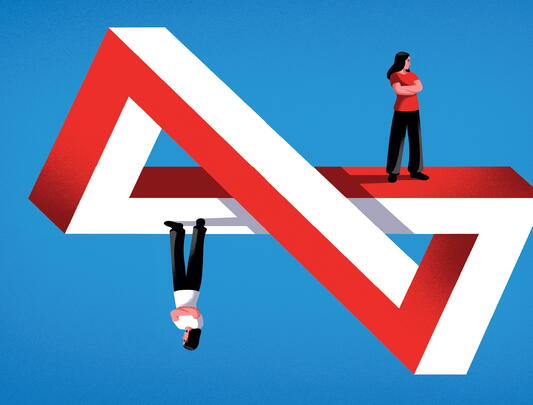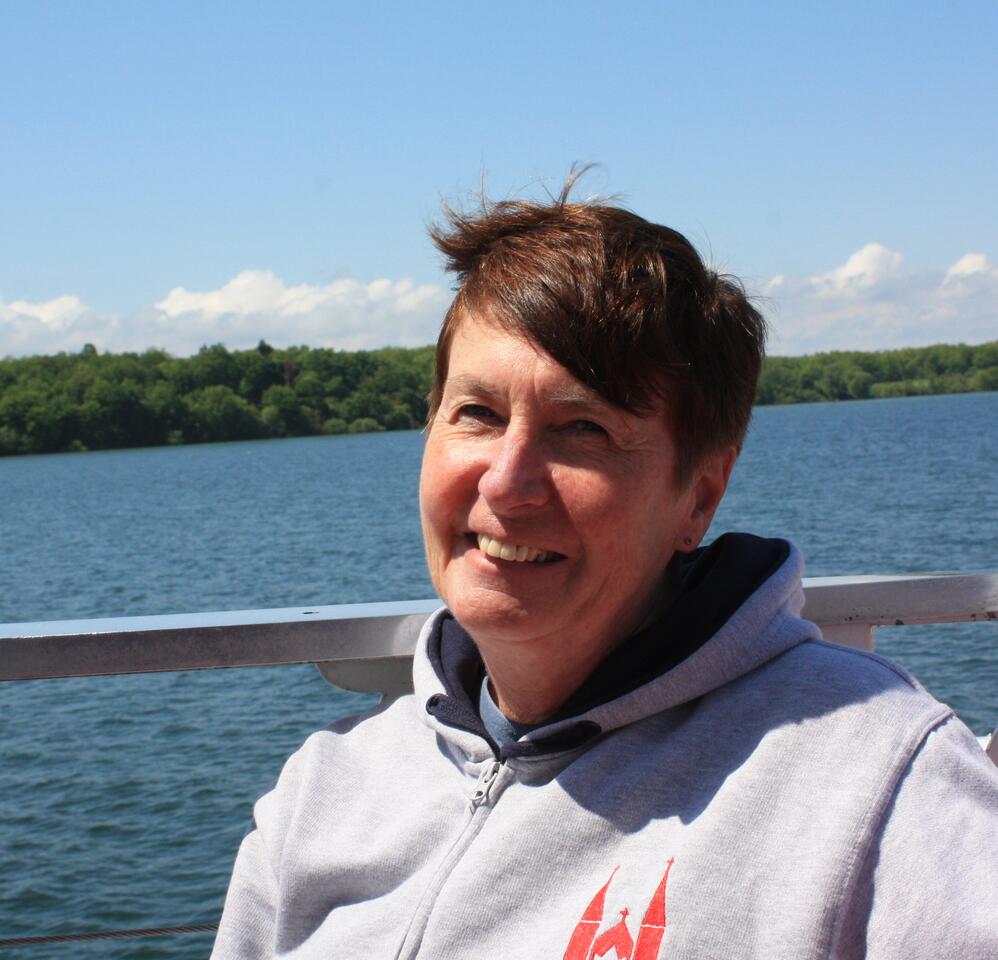
Carol McAndrew, BEd’77
Current Role
My career spanned 37 years in education with experience in Special Education, Humanities, and Counselling. Also I presented many workshops dealing with Fetal Alcohol Spectrum Disorder, Autism Spectrum, Tourette's Syndrome, Anxiety Disorders, and Collaborative Problem Solving using Dr. R. Greene's work. Currently I volunteer as a health coach and presenter through the University of Victoria for people dealing with chronic conditions and pain.
What factors led you to enter your current field of work?
From the time I was a young girl I wanted to be a teacher. I had a very inspirational teacher in high school who encouraged me. Also, I met some pretty poor teachers in terms of building relationships with students and I wanted to make a difference in the lives of students that did not fit the norm.
How do you define success?
Doing what you love and loving what you do! Also success is seeing young people who struggle in school find themselves and gain confidence in who they are and their skills and talents because I listened and built a relationship with them.
What are some of the ways you build and nurture your professional network, and how has this benefited your career?
I was a member of the Special Education Association of BC now called Teachers of Inclusive Education for many years and did present at various professional days throughout the province. I still keep current with colleagues who work as professors at UBCO. Writing a book, Speaking and Learning the FASD Way helped me to network with many educators around the province. It is valuable to engage in professional development each year and create a plan to challenge yourself to be a life-long learner. Working with colleagues in an inquiry process, as well as being part of your professional associations all help shape the direction of your field.
Describe a time you were able to transform a failure or a setback into a valuable learning experience.
My first year of teaching I managed to secure a job three days before school started and I was excited to be really teaching. However, very soon I realized that I was given a very challenging class of students who had a myriad of learning challenges. I cried many nights at the stress this class was causing me. With the support of a mentor teacher who had much experience, I redesigned curriculum for the students and soon the behaviours that had been causing me angst, stopped and we had a great year together. As a matter of fact, they wanted me for their teacher the following year! This taught me to look at students for who they are and build relationships with them that boost their confidence and have a positive learning experience. They don't care how much you know, it's about how much you care!
Why did you decide to become a mentor? How has this experience been beneficial for you?
A good friend and colleague of mine who has been in administration in the public school system just let me know that she has resigned as principal and wants to go back to the classroom due to the stress caused from having so many inexperienced young teachers. In my career, I have mentored many folks from first year teachers to those new to a curriculum area. It is beneficial to keeping me sharp in best practices and learning new things such as inquiry learning.
Carol McAndrew is an Online Career Mentor at alumni UBC. She is available to connect with UBC alumni and students seeking career support and guidance. Visit her profile on the UBC Hub of Ten Thousand Coffees to connect with her.




